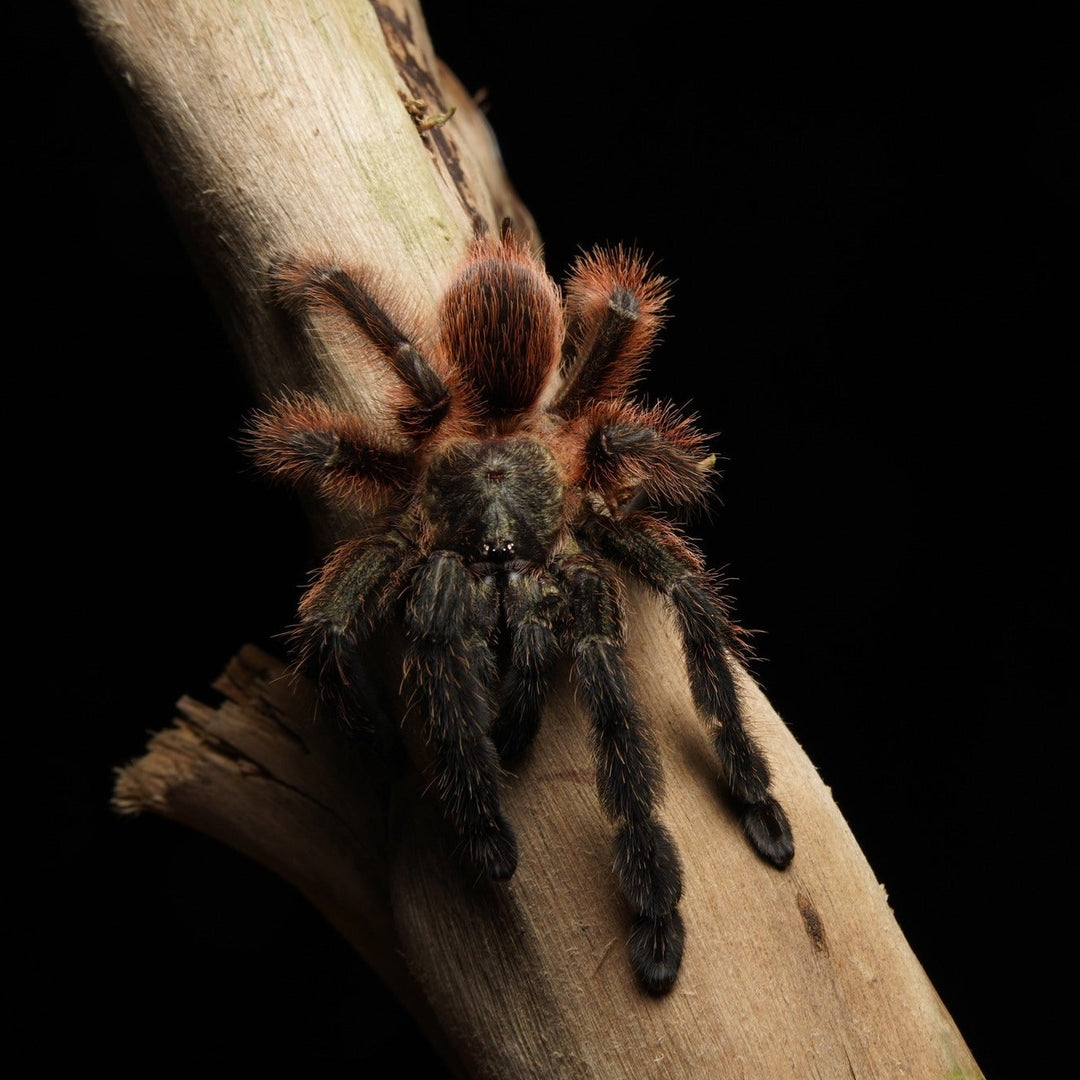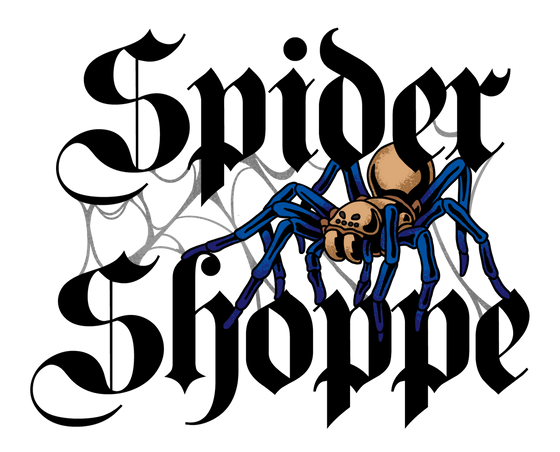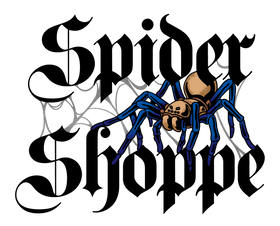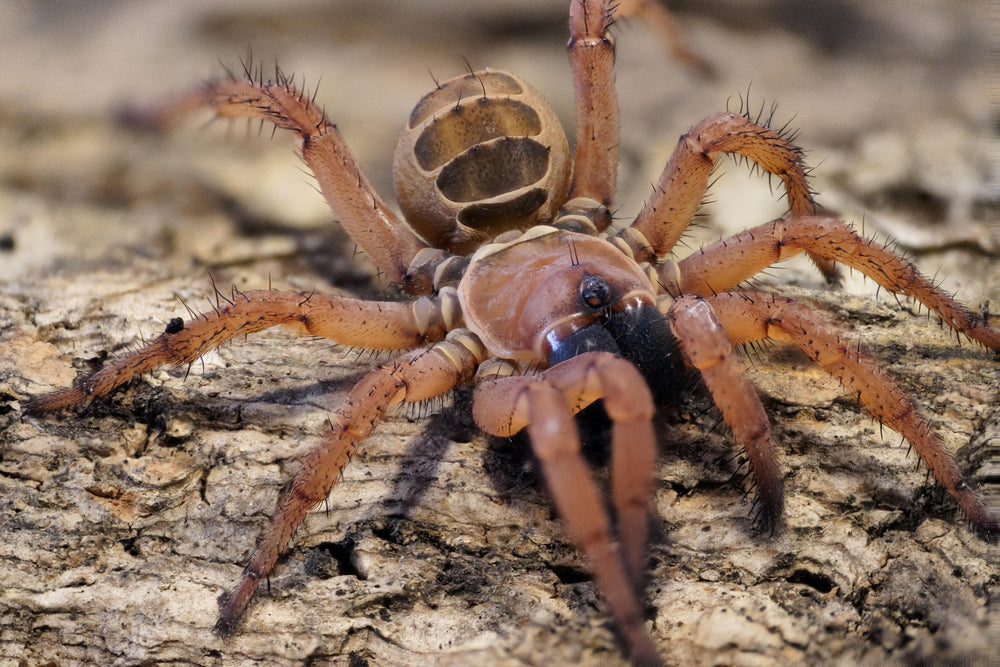
Psalmopoeus victori (Darth Maul Tarantula)
- Live Arrival Guarantee
- Live Animals Ship FedEx Priority Overnight (Mon-Weds)
- In stock, ready to ship
- Inventory on the way

For those that are George Lucas fans, this gorgeous New World Tarantula is not going to disappoint. Meet the Darth Maul Tarantula, Psalmopoeus victori Mendoza-Marroquín– Mexico’s one and only arboreal tarantula!
Visually, P. victori is spectacular, with a jet black body and legs. However, the setae really steal the show. Along the legs, an almost feather-like flange of flattened black setae splays from each side, possibly aiding in parachuting out of trees or decreasing shadows as the spider presses itself against tree bark. The setae along the anterior (front) half of the spider’s body and sets of legs are nearly all black, but those adorning the posterior (back) legs and abdomen are blood red. Red electrifying setae almost give the legs a lightsaber-like appearance.
Here’s a critter that is double-trouble: No, it does not bite from both ends, but it does have a fiery defensive disposition, insane agility, and venom laced with a burning hot chili pepper [capsaicin-like] sensation via the genus’ signature toxin: Psalmotoxin. Yes, that means that now you too can get bitten by a spider and injected with your favorite hot sauce at the same time! But, kids do not try this at home. Handling is not recommended for anything named after Darth Maul and should be avoided with any members of the New World genus, Psalmopoeus.
P. victori attains a leg span of 6-7” at maturity. Like other members of the genus Psalmopoeus and members of the subfamily Psalmopoeinae, these spiders have a voracious appetite, a fast growth rate, and compensate for their lack of urticating hairs with a defensive attitude. Members of this New World subfamily have evolved many behavioral and physical traits in parallel with Old World tarantulas, so can be treated rather similarly.
P. victori is native to moist tropical rainforests of Veracruz, Mexico, where it resides in tree hollows and canopies. In captivity, this species is similar in husbandry to other members of the genus Psalmopoeus. Spiderlings should be housed in cross-ventillated cages with slightly moist substrate and moved up to larger cages with ample ventilation as they grow. Their enclosures should have plenty of semi-dry to slightly moist airy organic substrate (organic potting mixes with wood pulp work well), and some vertical cage furnishings, such as a cork bark hide. All in all, P. victori is an exciting and beautiful recent introduction to captive breeding that commands attention, respect, and is best paired with a sick John Williams symphonic score.
References:
Mendoza-Marroquín, J.I., 2014. Psalmopoeus victori, the first arboreal theraphosid spider described for Mexico (Araneae: Theraphosidae: Aviculariinae). Revista mexicana de biodiversidad, 85(3), pp.728-735.
Info on our shipping policy can be found on our T&C page.



